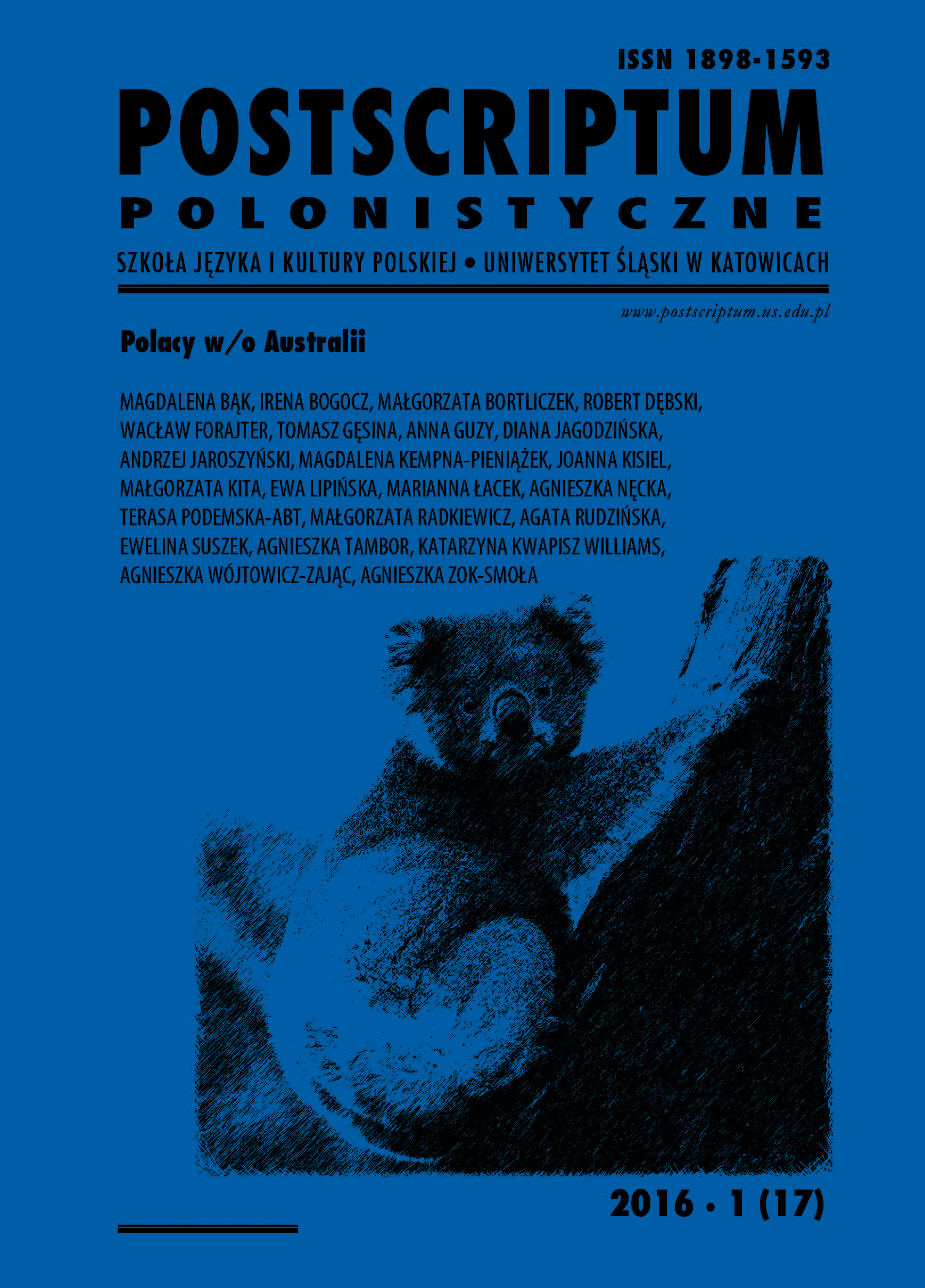Varia: „Grzeczność wszystkim należy, lecz każdemu inna”. O wielości odmian grzeczności językowej
Varia: Politeness is for everyone, but for everyone it is different. On many forms of language etiquette
Author(s): Małgorzata KitaSubject(s): Language studies, Language and Literature Studies, Foreign languages learning, Communication studies, Western Slavic Languages, Culture and social structure
Published by: Wydawnictwo Uniwersytetu Śląskiego
Keywords: verbal communication; language etiquette; types of politeness
Summary/Abstract: The diversity of language etiquette forms has already been noted by linguists (the author presents the evolution of the way it has been defined in their works). However, this issue does not appear very often in the works of scholars. The article aims at presenting several different types of politeness that have been defined on the basis of various different criteria. For example the substance of expression, which involves distinguishing between two types of politeness: one expressed in language and the other expressed by non-linguistic means. Another criterion refers to social commonness and according to this criterion we can distinguish between elementary politeness, courtesy and formal etiquette. Diversity of language etiquette can be regarded as resulting form the pragmatic features of a speaker. Culture-based differentiation enables us to talk about ‘traditional’ and ‘new’ politeness. According to the author, teaching different types of language etiquette is an important part of teaching Polish as a foreign language.
Journal: Postscriptum Polonistyczne
- Issue Year: 17/2016
- Issue No: 1
- Page Range: 193-212
- Page Count: 20
- Language: Polish

